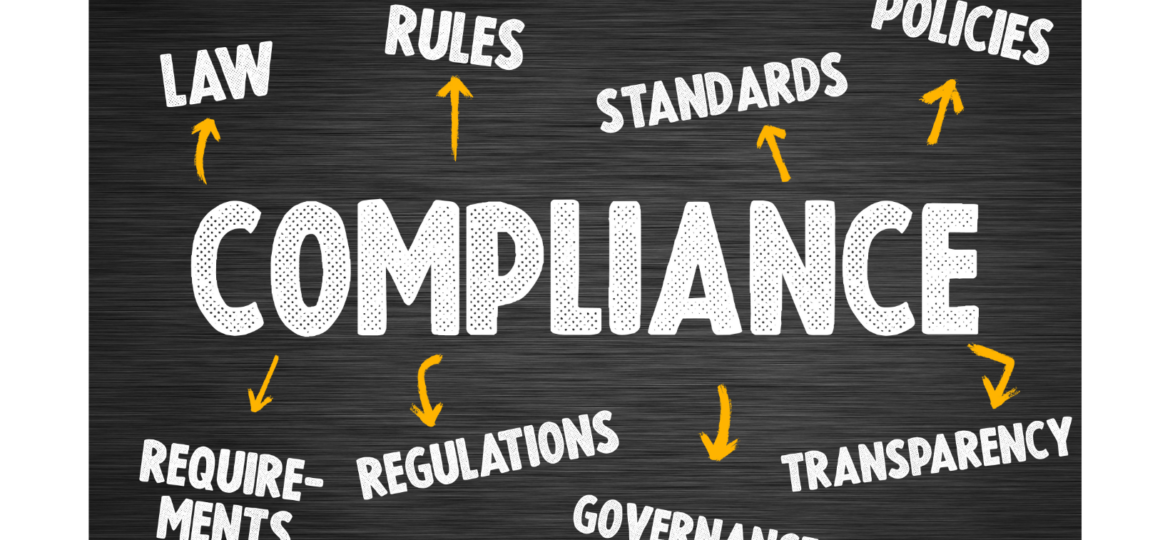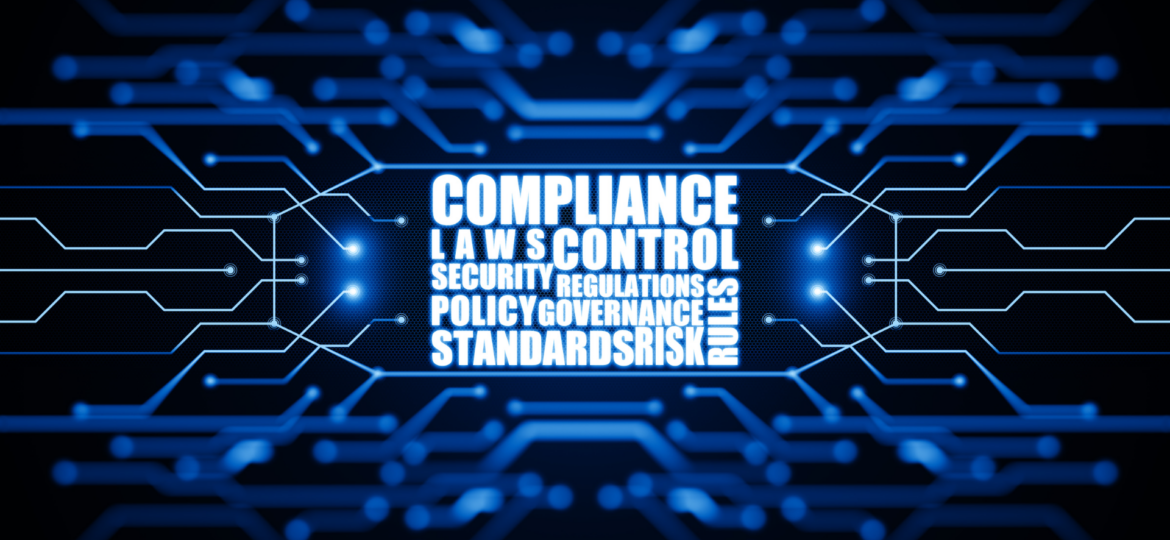A Checklist: How Can Startups Ensure Security and Privacy Compliance?

This is our second blog in our Security and Privacy Compliance blog series. In the first blog we reviewed some of the well known standards and regulations. In this blog we suggest a checklist that a startup should implement, before starting any standard compliance program. The checklist focuses on the controls that are common in most of the discussed standards.
How Can Startups Ensure Security and Privacy Compliance?
To ensure the security and privacy of their data, startups must prioritize security and privacy compliance. This compliance includes adhering to security standards set by regulatory bodies, such as SOC 2, ISO/IEC 27001, FedRAMP, and NIST SP 800-53 as well as privacy regulations such as General Data Protection Regulation (GDPR), PCI DSS, California Consumer Privacy Act (CCPA), and Health Insurance Portability and Accountability Act (HIPAA).
Depending on what regulation a startup has to comply with, there are some detailed differences in ensuring compliance. But in general there are many principles in common between all regulations. To effectively prioritize cybersecurity, startups need to develop a comprehensive security plan. This plan should include policies and procedures for protecting sensitive data, securing networks and devices, and responding to security incidents. Startups should also conduct regular security assessments to identify vulnerabilities and address them before they can be exploited by cybercriminals.
A Checklist
- Conduct Risk Assessments: Startups must assess their risks and identify vulnerabilities to establish a baseline for their security and privacy efforts. This includes identifying potential threats, analyzing the likelihood of an attack, and determining the potential impact of a security breach.
- Implement Security and Privacy Policies: Once the risks have been identified, the next step is to implement security and privacy policies. These policies should establish and enforce procedures for securing data, including access controls, data classification, encryption, and incident response. Furthermore, policies should be reviewed regularly and updated as new threats emerge.
- Train Employees: Moreover, regular training sessions can help employees understand security and privacy risks, and best practices for protecting sensitive data. Employees are often the weakest link in a startup’s security chain. Employees should be educated on the importance of cybersecurity. They also should be trained on best practices for protecting sensitive data, securing devices, and responding to security incidents. This can help prevent human error from being a weak link in the security chain.
- Implement Data Encryption: Data encryption is an essential component of data security, as it ensures that sensitive data is unreadable to unauthorized users. Startups must implement encryption to protect sensitive data, including data in transit and data at rest.
- Secure Coding: Startups must design their networks with security in mind. Startups must also develop and implement secure coding practices to ensure that their software is not vulnerable to attacks. They should follow industry-standard guidelines such as the Open Web Application Security Project (OWASP) guidelines, which provide best practices for securing web applications.
- Conduct Third-Party Vendor Assessments: Startups must conduct assessments of their third-party vendors to ensure that they also comply with security and privacy regulations. This includes reviewing contracts, performing audits, and assessing risk. Startups can also benefit from partnering with cybersecurity experts who can provide guidance in developing and implementing their security plan. These experts can help startups identify and mitigate security risks, implement best practices, and stay up-to-date with the latest vulnerabilities.
- Prepare for Incidents: Startups must have a plan in place to respond to security incidents, including data breaches, cyberattacks, and other security incidents. This plan should also include steps for identifying and containing incidents, notifying customers, and preserving evidence for legal action. Startups should also consider adopting a zero-trust security model. This model assumes that all devices and users are potential threats and requires authentication and authorization for all access requests. This approach can help prevent unauthorized access to sensitive data and protect against insider threats.
- Stay Up-to-Date with Regulations: Startups must stay informed about changes to security and privacy regulations and adjust their policies and procedures accordingly. This includes monitoring regulatory bodies, attending industry conferences, and engaging with legal and compliance experts.
Conclusion
In today’s highly interconnected digital world, startups are increasingly reliant on technology and data to conduct their business operations. This dependence on technology and data makes them vulnerable to cyber threats, which can result in significant financial losses and reputational damage. Therefore, complying with security regulations and standards is of paramount importance for startups.
In conclusion, startups must prioritize security regulation compliance to protect their assets, data, and customers from cyber threats. Compliance with security regulations and standards provides a framework for startups to implement best practices in security and reduce the likelihood of security incidents. Compliance also helps startups to gain a competitive advantage in the market and build customer trust. Implementing the given checklist in this blog is the very first fundamental step towards compliance.
How Can NuBinary Help?
Security must be linked to all business priorities enabling ideal business outcomes. As security tech leaders, we know that if we do our job well, companies can achieve brand reputation, efficient overall process, product and service integrity, and regulatory compliance while delivering the best customer experience. Our security and privacy tech leaders are Certified Information Systems Security Professionals (CISSPs) and security PhDs. Get in touch with NuBinary by visiting our security service page.



